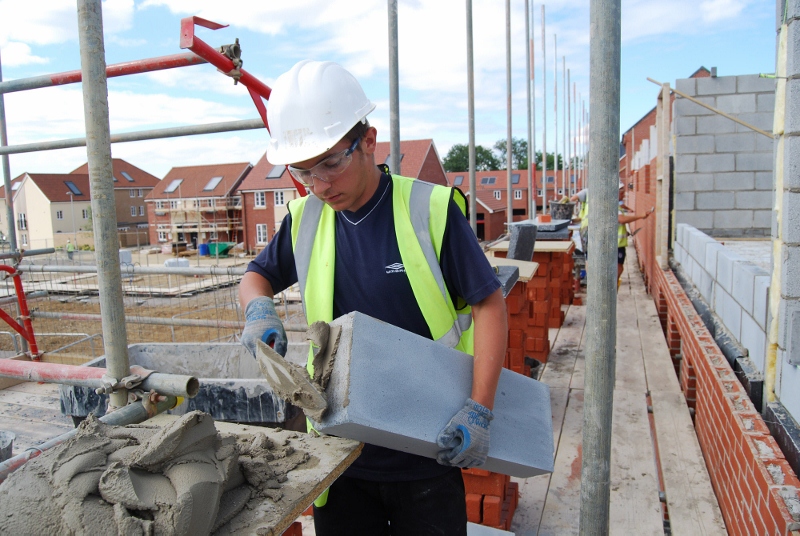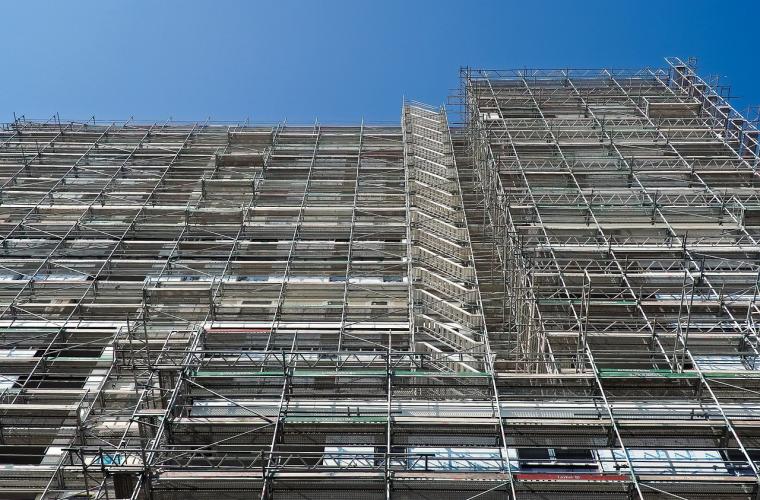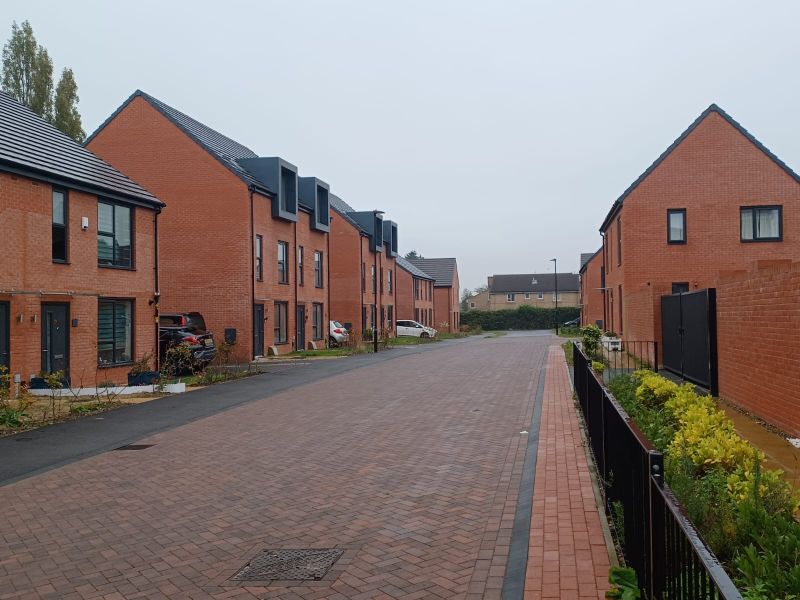In the last two
decades the number of council houses in Britain has halved according to
government statistics released in November 2017, which show total stock in
Britain of two million homes.
Earlier this month
the government increased its affordable homes programme from £7.1 billion to
£9.1 billion, which it claims will create spending of £5 billion on
housebuilding from councils and housing associations.
In Glenigan’s
ranking of the construction industry’s top 100 clients, 22 entries are local
authorities but residential work is having little impact.
Leeds City Council
is the highest ranked local authority after awarding £272 million-worth of
construction work in the 12 months to Q3 2018.
Nearly three
quarters of this spending is for the £120 million Leeds Public Transport
Investment Programme and the £80 million East Leeds Orbital Road. The biggest
housing project identified by Glenigan’s construction market research is for 27
houses.

Dundee City Council
features amongst the top 100 clients, but due to a £100 million energy from
waste plant, while the West Midlands Combined Authority’s appearance is down to
the Midlands Metro project.
Unlike the
provinces, social housing work in London is booming. In the three months to
August 2018, housing starts in London surged 145% as work began on 5,774 units
according to the National House-Building Council.
NHBC Chief Executive
Steve Wood put this down to “increased activity by housing associations and the
continued flow of inward investment on for-sale and private rental
developments.”
However, councils in
the capital are also pressing on with work. There are 10 London boroughs in
Glenigan’s ranking of the top 100 clients.
The London Borough
of Barking & Dagenham has let £185.9 million-worth of construction work in
the last year, while Hackney’s construction programme is worth £177.4 million.
Both feature council house projects.
Barking &
Dagenham council is building a £39.8 million apartment scheme in Wood Lane,
while Glenigan’s construction market research identifies more than 300 units
starting in Hackney’s housing programme.
Countryside’s design
and build contracting division is working on Barking & Dagenham’s Wood Lane
development (Glenigan Project ID 15335982) and Hackney’s £80 million Clapton
Common scheme, which features 132 flats (Glenigan Project ID 16237786).
In the capital, an
emerging trend is seeing big commercial housebuilders to form joint ventures
with councils to develop unused land. This gives housebuilders access to land
and local authorities a share of profits.
Housebuilders are
increasingly willing to accept this arrangement as these agreements unlock
large sites, where their JV partner is also the local planning authority.
Affordable housing
completions have leapt 66% to 1,073 units in the last year at Countryside,
which has 29,878 social housing plots under its control. This land is not all
in the capital but most of the group’s exposure is in London, the Home Counties
and the North West and other housebuilders are increasingly changing their
working models to access land.
Meanwhile, a recent
guide by the NHBC Foundation shows the number of 55-74 year olds living in
rural areas increased by 30% between 2001 and 2015 – a percentage increase
almost matched by the over-75s age group.
Along with the
population growth in the over-55s age group, the average age of people living
in rural England has also gone up. Between 2002 and 2016 the average age
rose by almost four years to 47.8. This is very different to the marginal
increase in age seen in urban populations, which went up by just four months to
37.4 years old.
While the rate of
growth of the over-55s is significant in rural areas, the NHBC Foundation
report found that only 17% of homes across England are located here. In
contrast, suburban areas – not quite urban and not quite rural – accommodate
almost two-thirds of the population, with just over 20% of the population
living in city centres and other high density urbanised areas.
Steve Wood, NHBC
Chief Executive said: “The figures show an increasing proportion of 20-54 year
olds settling in urban areas and more over-55s are choosing to live in the
country. It’s imperative that the industry considers these changes when
deciding which types of houses should be built, and where, to meet the shifting
needs.”
The facts about UK
households come from the NHBC Foundation publication, ‘40 facts: homes, housing and house building today’. Steve
Wood added: “We have gathered together some interesting facts about UK housing
and house building to give you a picture of the homes we live in today.
As our population changes so does the need for a broader range of products and
tenures.”




















